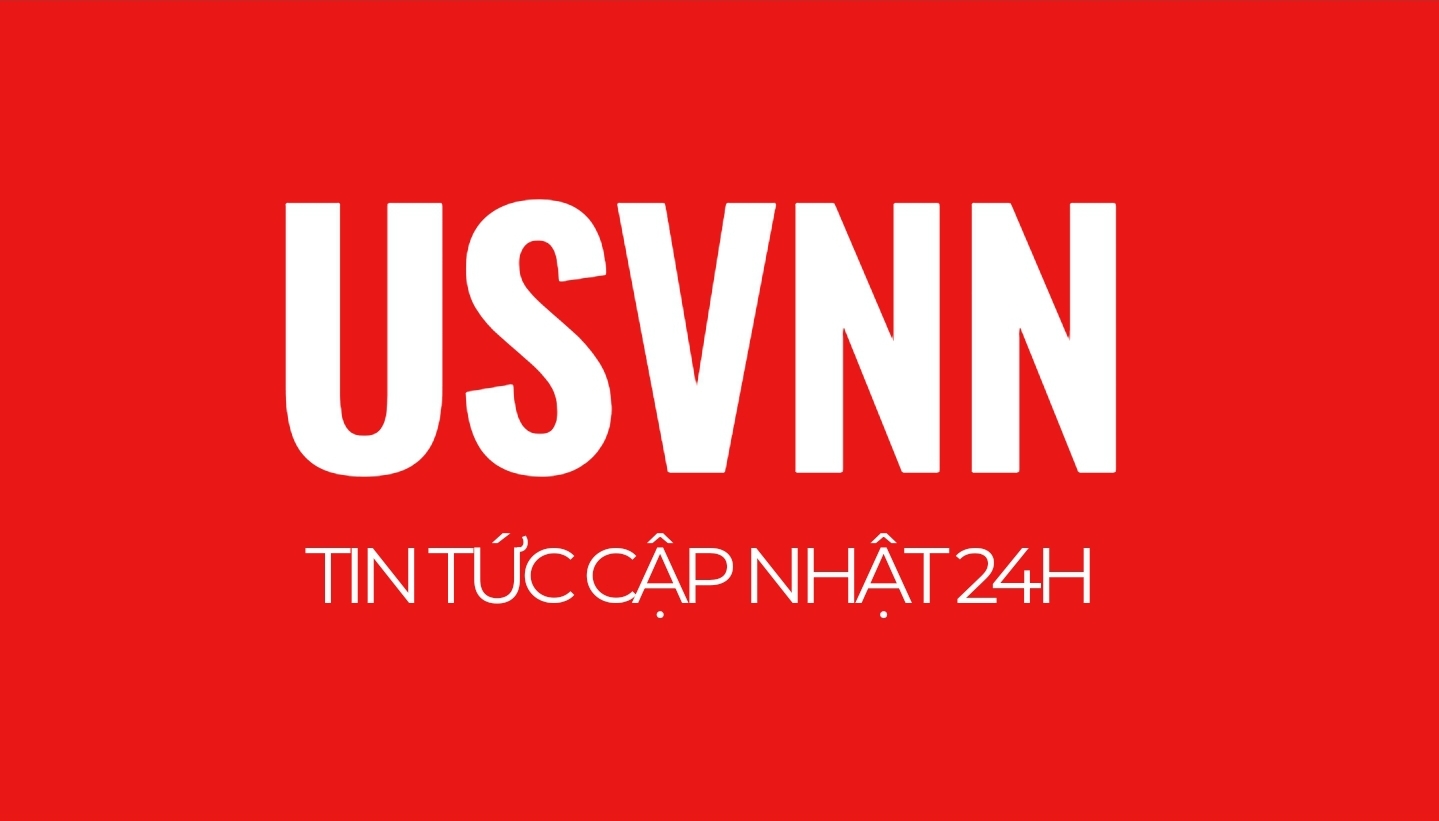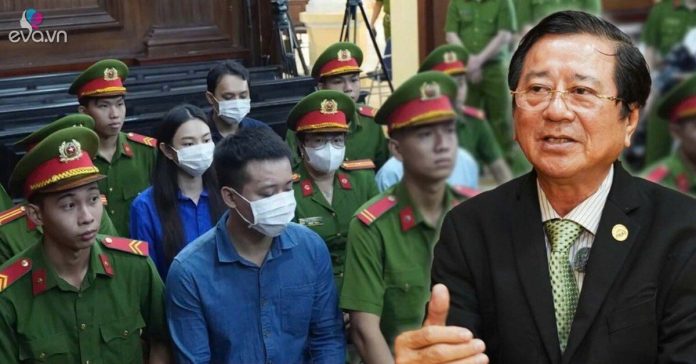The high-profile case centered around the Kera candy scandal—implicating well-known public figures such as Hoa Hau Thuy Tien (Miss Thuy Tien), Quang Linh Vlogs, and Hằng Du Mục—has captured widespread public attention in Vietnam. The case concluded with prison sentences ranging from two to three years for the main perpetrators involved in the fraudulent marketing and sale of Kera candy, a product falsely advertised as a healthy, fiber-rich alternative to vegetables.
The Kera candy product was heavily promoted as a convenient substitute for vegetables, particularly for individuals who dislike eating greens. The marketing claimed that each candy contained enough fiber to match a serving of vegetables—messaging that strongly appealed to a health-conscious demographic. Central to the campaign was the influential collaboration with a number of social media celebrities and key opinion leaders (KOLs), including beauty pageant winner Thuy Tien and YouTubers like Quang Linh Vlogs and Hằng Du Mục. Their endorsements helped build consumer trust and contributed to the product’s massive commercial success. Nearly 130,000 boxes of Kera candy were sold to over 56,000 customers, generating revenues exceeding 17 billion VND. From that, the defendants pocketed over 12 billion VND in illegal profits.
However, an investigation by authorities and independent laboratories revealed that the product’s advertised benefits were entirely fabricated. Contrary to claims that it could replace a full serving of vegetables in terms of fiber, laboratory analysis showed that the candy contained only 0.935% fiber per 100 grams—an amount significantly below nutritional standards. More troubling was the discovery that the candy consisted of 33.8% sorbitol, a sugar alcohol that acts as a laxative. This ingredient was neither disclosed on the product label nor mentioned in the marketing, exposing consumers to hidden risks and misleading them about the candy’s health benefits.
Further investigations revealed that the promotional content used to market the product—including videos and online posts—was carefully curated to manufacture authenticity and credibility. These videos showed glossy, seemingly clean production processes and showcased “organic” vegetables being sourced from reputable farms. In reality, the ingredients were acquired from unverified sources with no safety or quality documentation, and the production process lacked the transparency and hygiene depicted in the promotional content. Moreover, the self-declared product information submitted by the defendants to the authorities exaggerated the fiber content, falsely claiming that the candy contained 28.13% vegetable and fruit powder.
The case went to trial following numerous consumer complaints, including allegations of adverse health effects and test results from independent labs that contradicted the product’s label. Public anger over deceptive practices and health concerns quickly grew, fueling wider media attention and regulatory scrutiny. The prosecutors argued that the defendants had orchestrated a calculated and systematic campaign of fraud. By leveraging their fame and online presence, they were able to broadcast false and misleading information to thousands of followers, tricking them into buying a dangerous and ineffective product.
In court, the presiding judges took a firm stand against the behavior of the accused. Thuy Tien, Quang Linh Vlogs, and Hằng Du Mục were each sentenced to between two and three years in prison. In addition to their sentences, the court imposed significant fines and mandated that the defendants compensate affected consumers. The court emphasized that their status as public figures came with greater responsibility and that their actions had breached public trust, especially given their influential roles in shaping consumer behavior online.
This case has significant implications not only for consumers, but also for the influencer and KOL communities in Vietnam. It has sent a strong message that celebrity status does not provide immunity from the consequences of promoting fraudulent products. For influencers, the Kera candy scandal underscores the importance of conducting due diligence before endorsing any product or brand. Failure to verify the accuracy of product claims can not only damage personal reputations but also result in legal prosecution.
For consumers, the incident serves as a powerful reminder to remain skeptical and think critically when evaluating health and nutritional claims—especially when these claims are made by celebrities without medical or nutritional expertise. Many were misled by the attractive marketing and trusted the endorsements without questioning the product’s validity.
Beyond public outrage at the individuals involved, the Kera candy case has exposed serious gaps in regulatory oversight, particularly in the food supplement and online advertising sectors. The lack of thorough auditing and weak enforcement of product labeling and marketing guidelines allowed the scam to proliferate unchecked until consumers began to speak out. The court’s verdict highlights the urgent need for tighter regulations, stronger monitoring systems, and clearer accountability mechanisms within these industries.
In conclusion, the Kera candy scandal is a cautionary tale that demonstrates the dangers of unchecked influence in the digital age. It illustrates how easily false information can be disseminated via social media, especially when mixed with the charisma and credibility of popular figures. At the same time, it provides a critical lesson for marketers, influencers, and regulators alike: transparency and honesty are paramount in earning and maintaining public trust. The case has not only delivered justice to the victims, but also sparked broader discussions about the ethical responsibilities of online influencers and the need for rigorous oversight to protect consumers in an increasingly digital marketplace.
Ultimately, the Kera candy case offers a pivotal moment of reflection—a warning for key opinion leaders to act responsibly and for consumers to remain vigilant. It also signals the beginning of potentially stricter enforcement measures in Vietnam’s digital and consumer landscape. The court’s decision sets a precedent and hopefully paves the way for both a more ethical marketing environment and a better-informed public.


